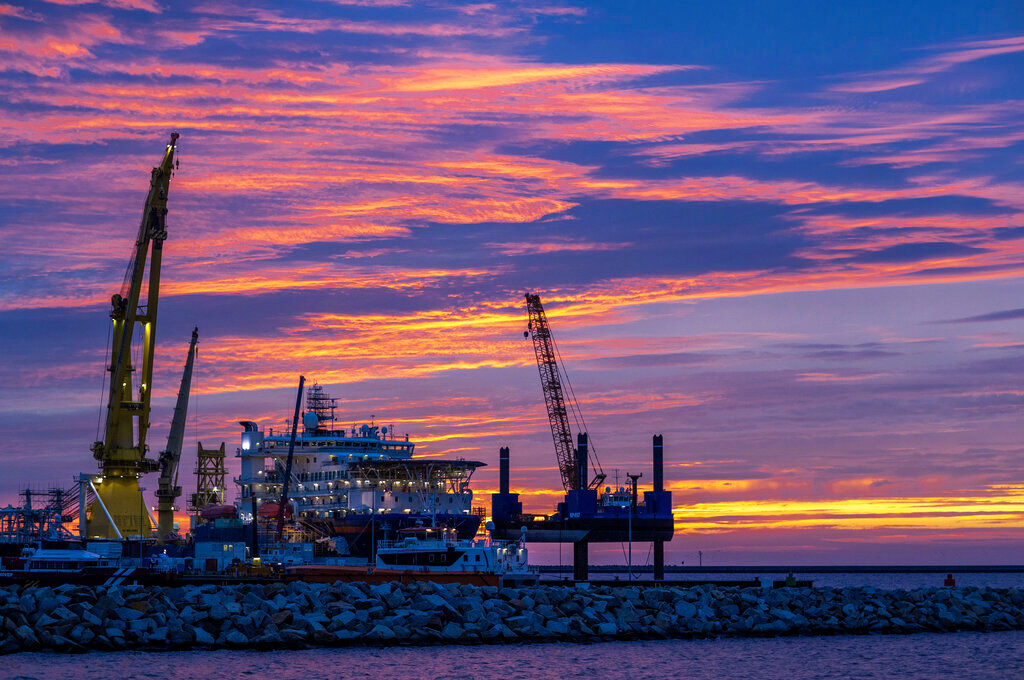Despite Germany’s unwillingness to comply with a regulation issued by Russian President Vladimir Putin requiring payments for gas contracts to be made in rubles, Russian gas continues to flow into the country.
“Gas is flowing to Germany. Deliveries are incoming. Supply security is still guaranteed,” on Saturday, a German government spokeswoman told CNN.
Also read: Will Europe ban oil from Russia for war on Ukraine?
According to the spokesperson, the German government is “in close contact” with its European allies and will “watch the situation closely.”
Gascade, which runs the German section of the Yamal-Europe pipeline, told CNN on Saturday that it couldn’t confirm any interruption in gas deliveries to Germany.
The Russian president issued an ultimatum to “unfriendly” nations on Thursday, demanding that they pay for their energy in rubles beginning Friday or risk being cut off from essential supplies. German Chancellor Olaf Scholz, on the other hand, urged that German industries continue to pay for Russian gas only in euros.
Also read: Nuclear assault submarine commissioned by Joe Biden to enhance US security
Dmitry Peskov, a Kremlin spokesman, indicated on Friday that Russia would not cut off gas supplies to Europe immediately.
While the United States and the United Kingdom’s prohibitions on Russian oil put pressure on Europe to follow suit, the continent’s reliance on Russia for energy makes a quick embargo considerably more difficult. Despite the near likelihood of record inflation, some authorities argue that it is the only way to stop pouring billions of dollars in oil and gas money into President Vladimir Putin’s pockets.
Europe imports around 40% of its natural gas and 25% of its oil from Russia, but the United States imports only a little quantity of oil and no natural gas. An EU boycott would result in higher gas costs and electricity bills, as well as the possibility of an energy crisis and recession until the economy recovers from the coronavirus outbreak.
Also read: Turkey offers to assist Mariupol evacuation by boat as Russia-Ukraine war rages on
Prices for everything from food to electricity are already exorbitantly expensive, owing in part to Europe’s increasing natural gas prices. Subsidies have been implemented by governments to compensate consumers for excessive utility costs, while gasoline prices have gone over 2.01 euros per liter — the equivalent of $8.33 per gallon, which means that filling up a compact car might cost 90 euros ($98).
With inflation at an all-time high of 5.8 percent, these prices are already reducing consumer spending. The question is, how much more misery can Europeans bear in order to put an end to Putin’s war on Ukraine?
“The consequences to the European economy would be major,” said Simone Tagliapietra, an energy policy expert at the Brussels-based Bruegel think tank. “And therefore, there would need to be an upfront, clear, political decision that we are willing to compromise our economy, we are willing to afford a recession, in order to hit Putin where it hurts.”







